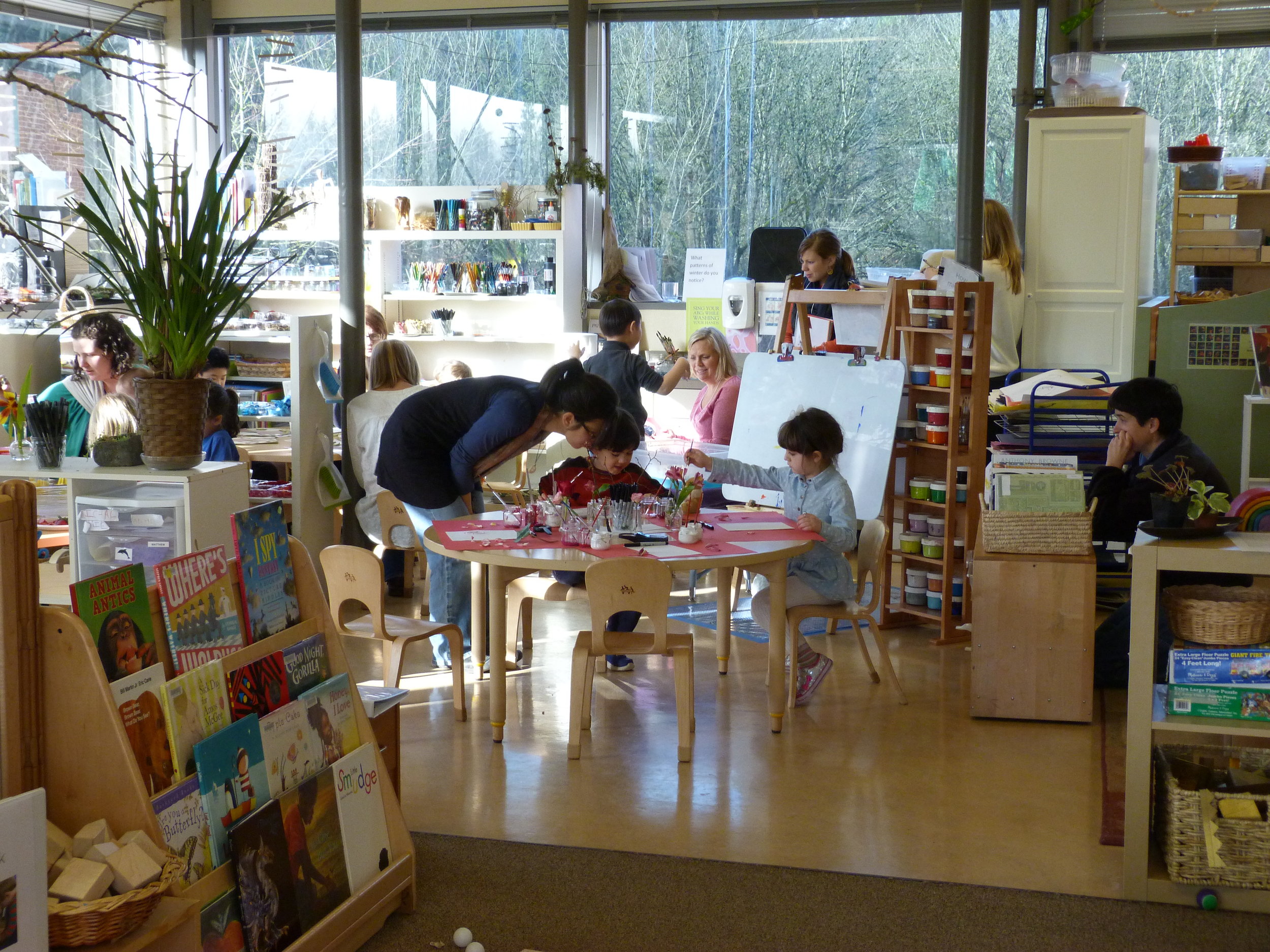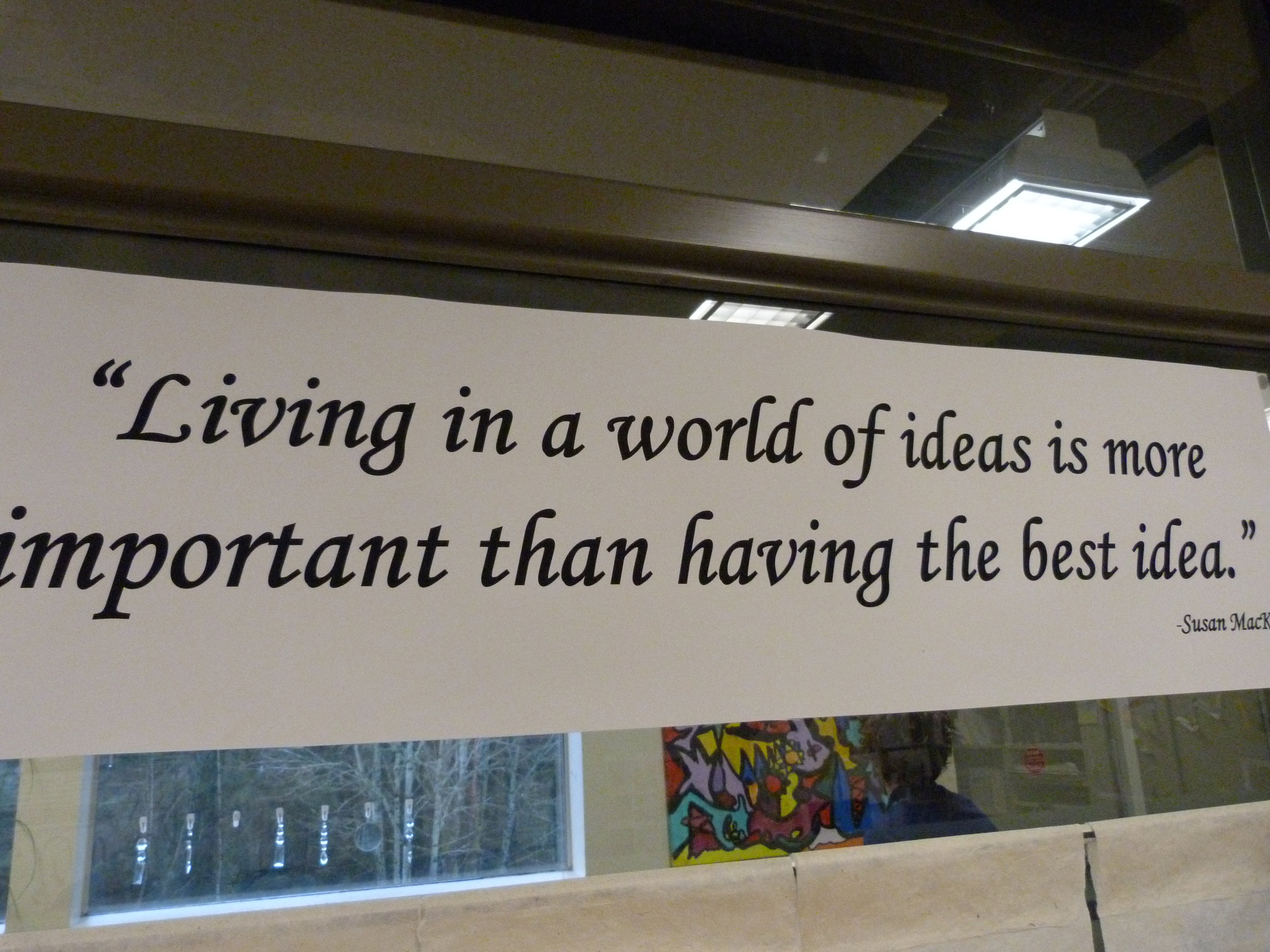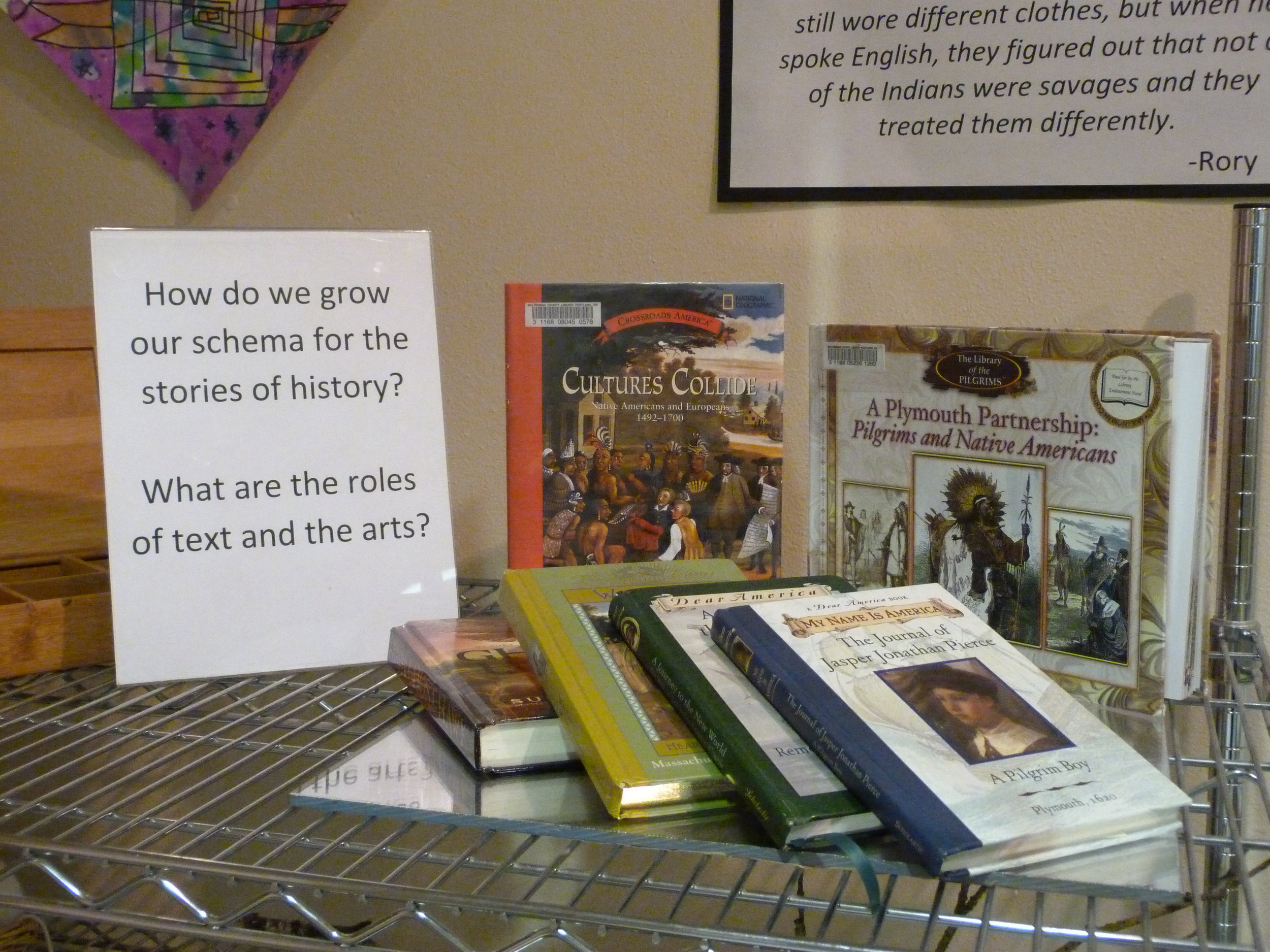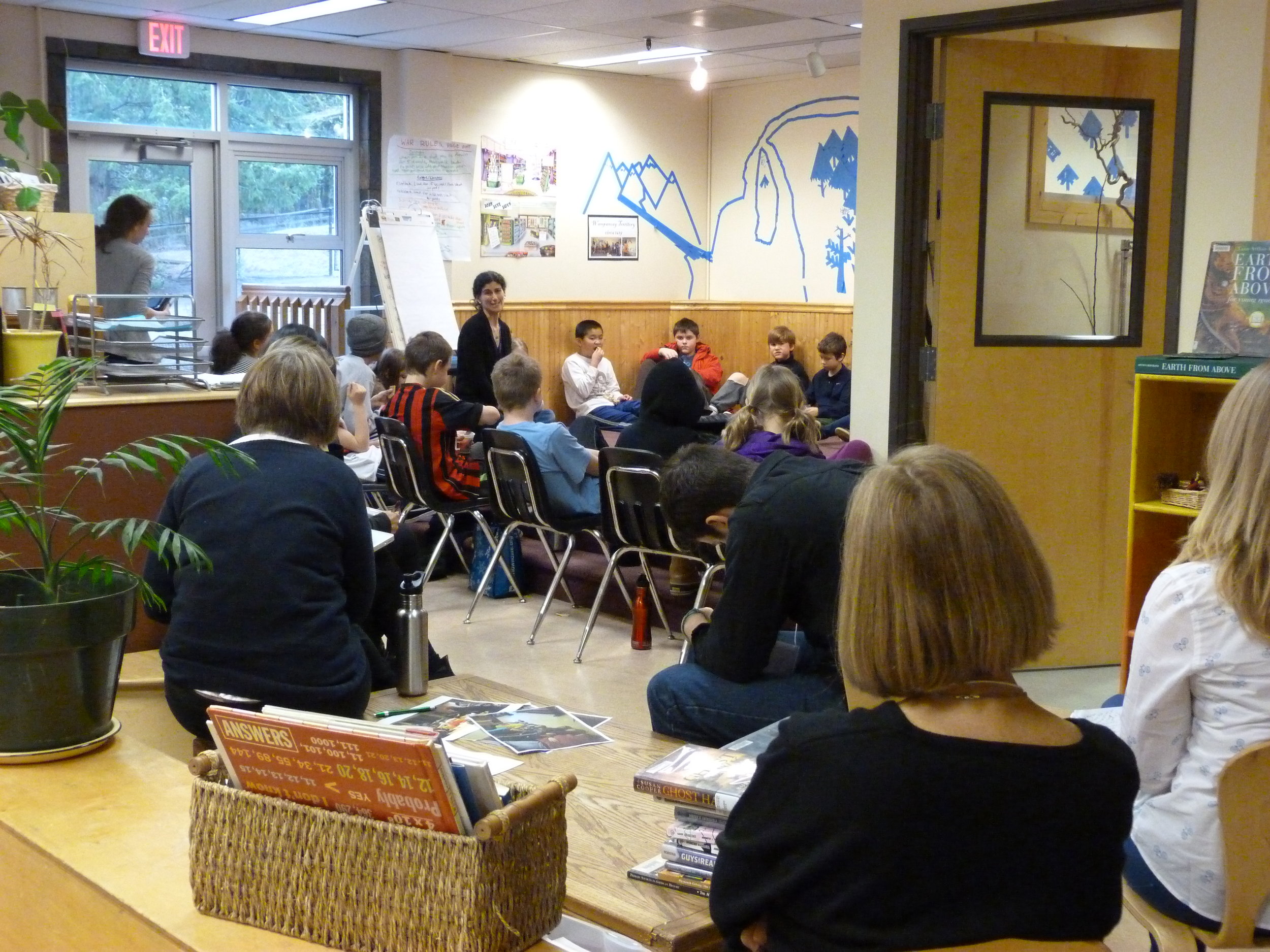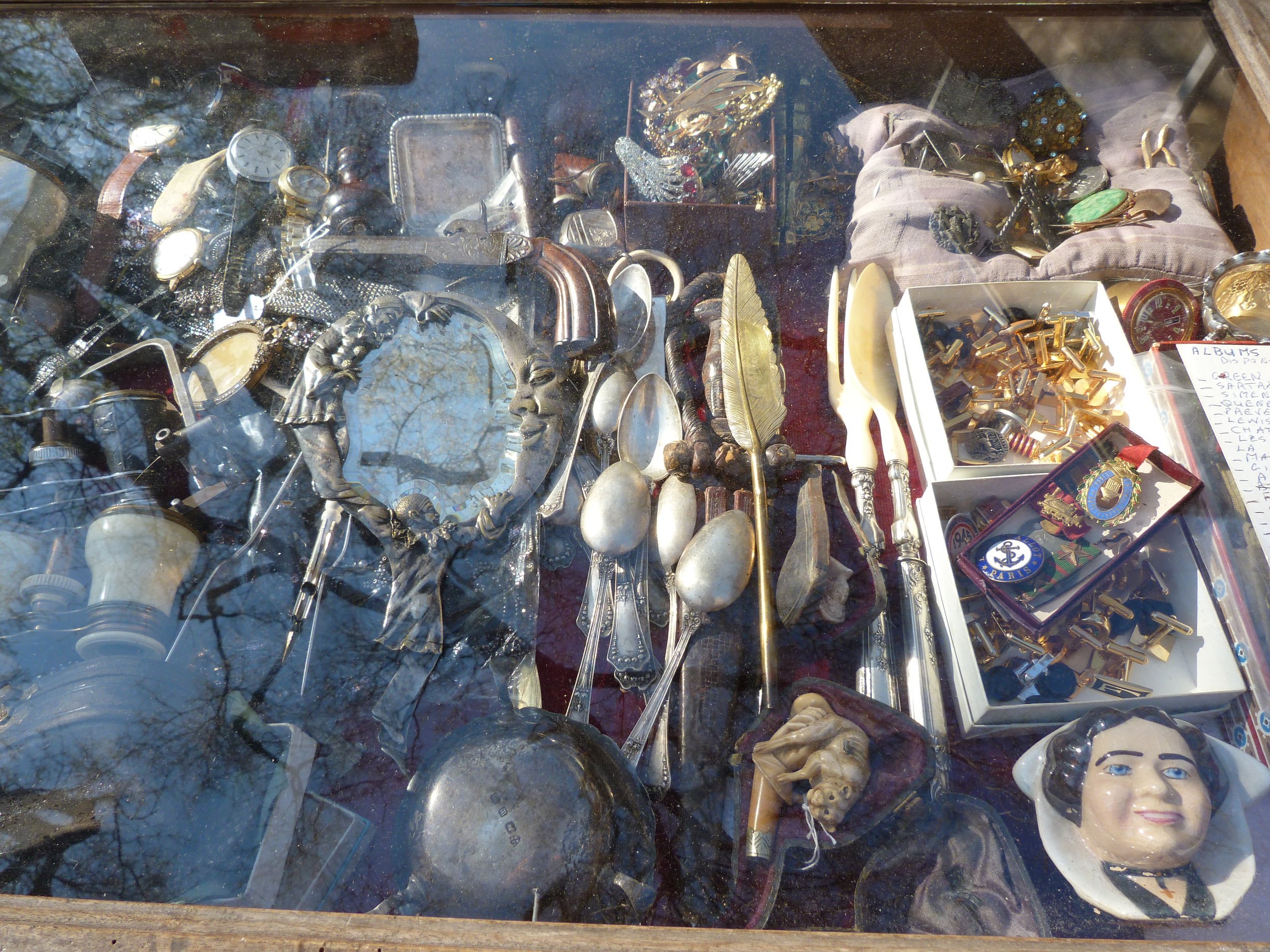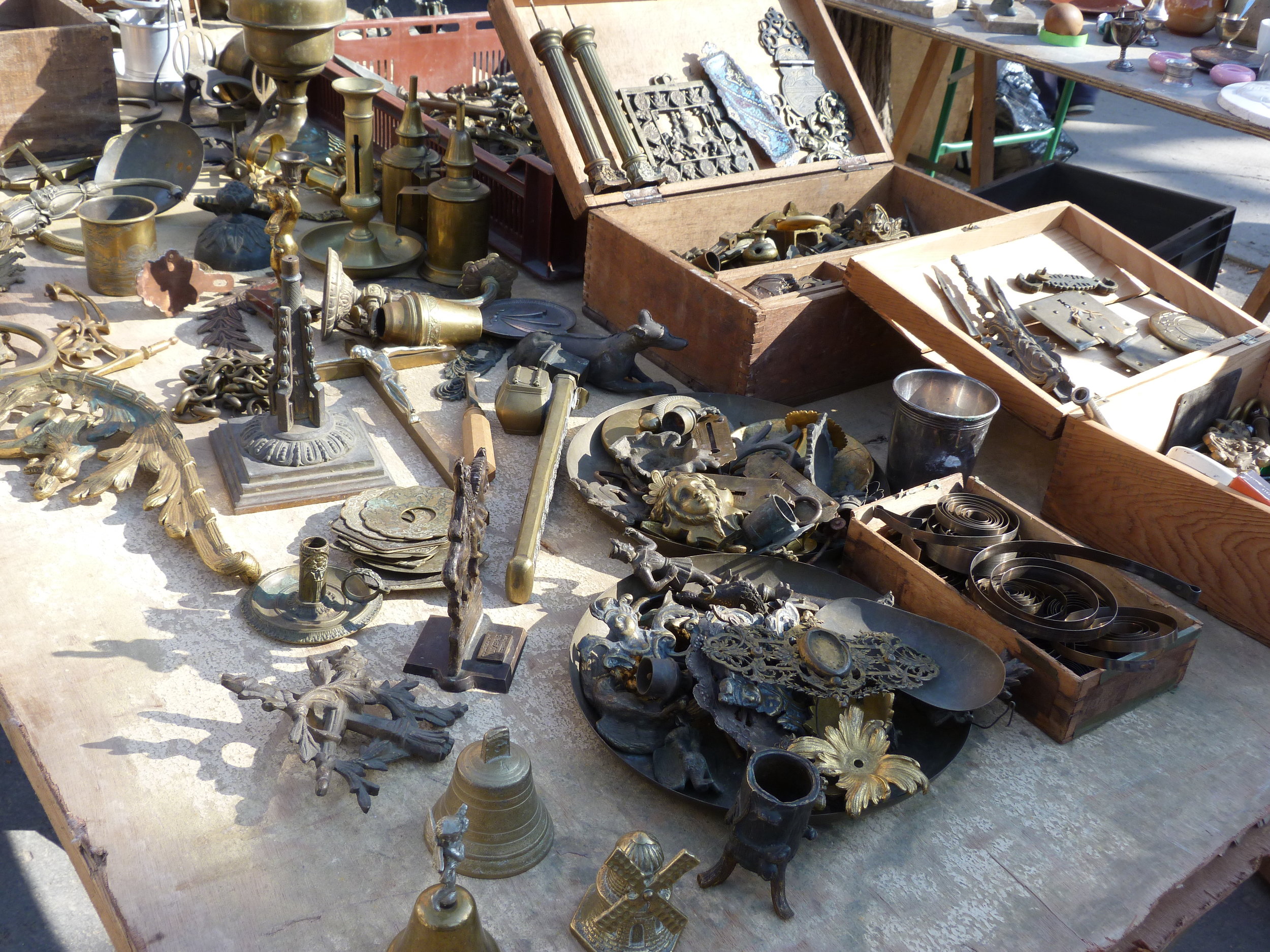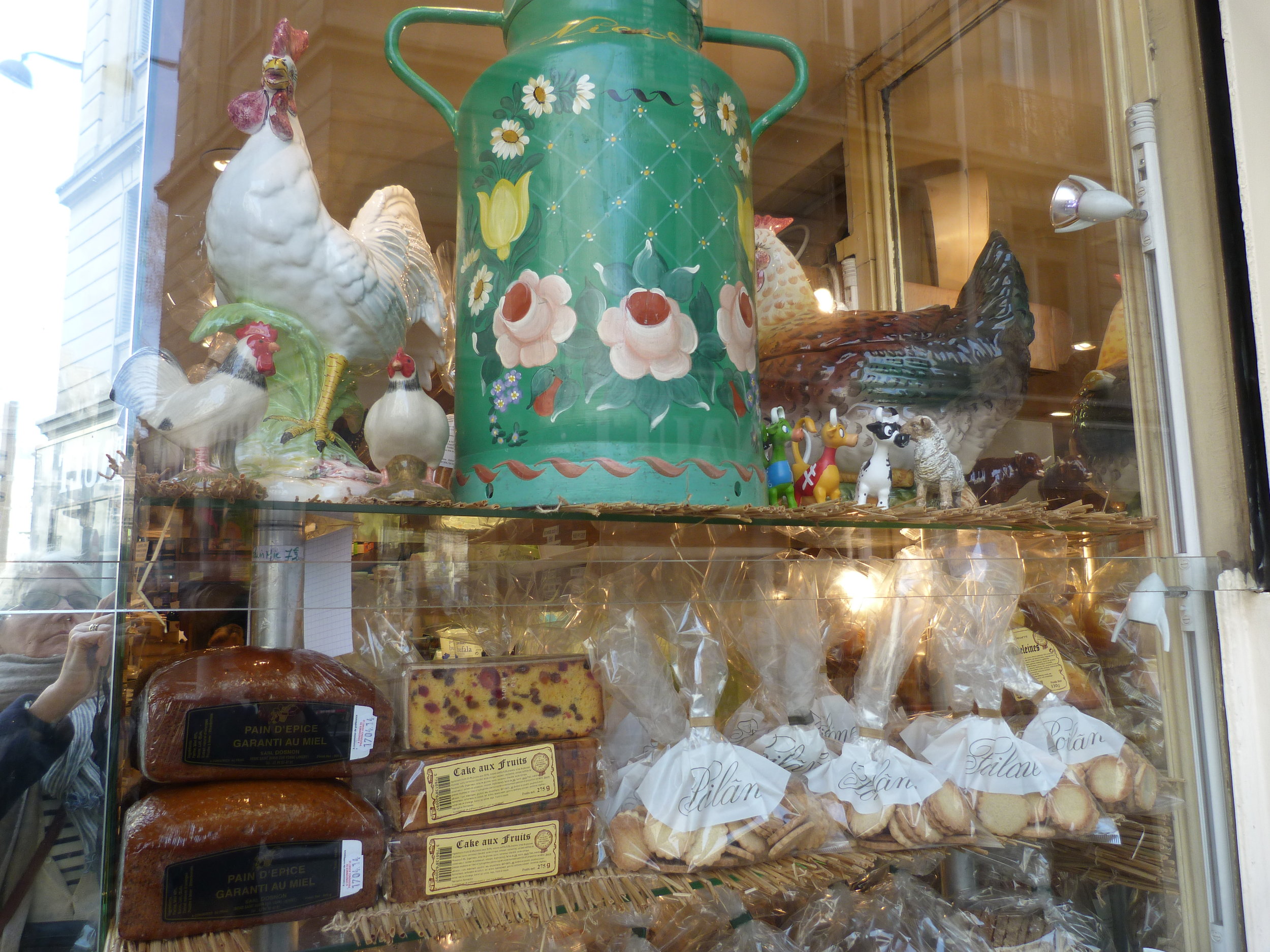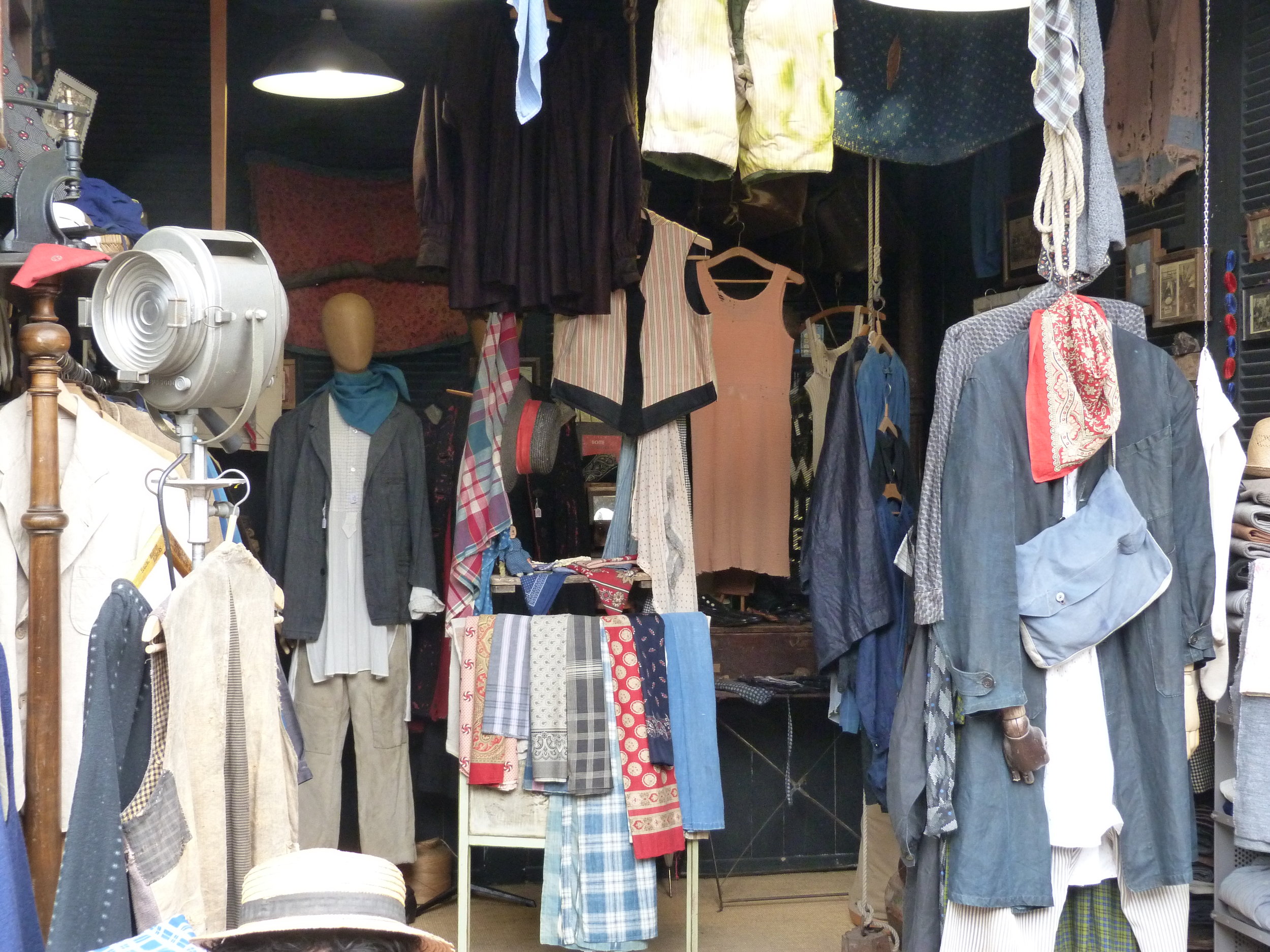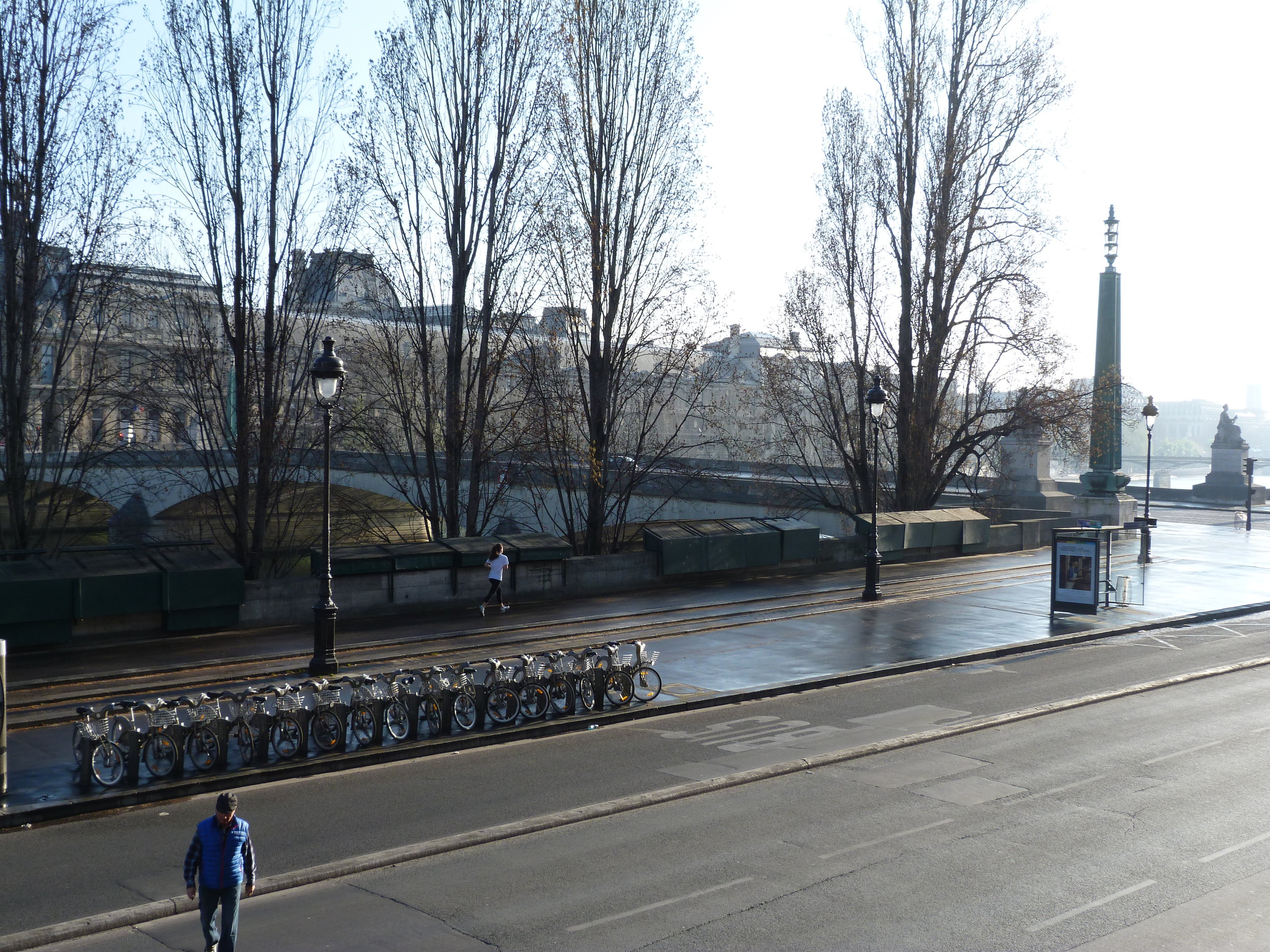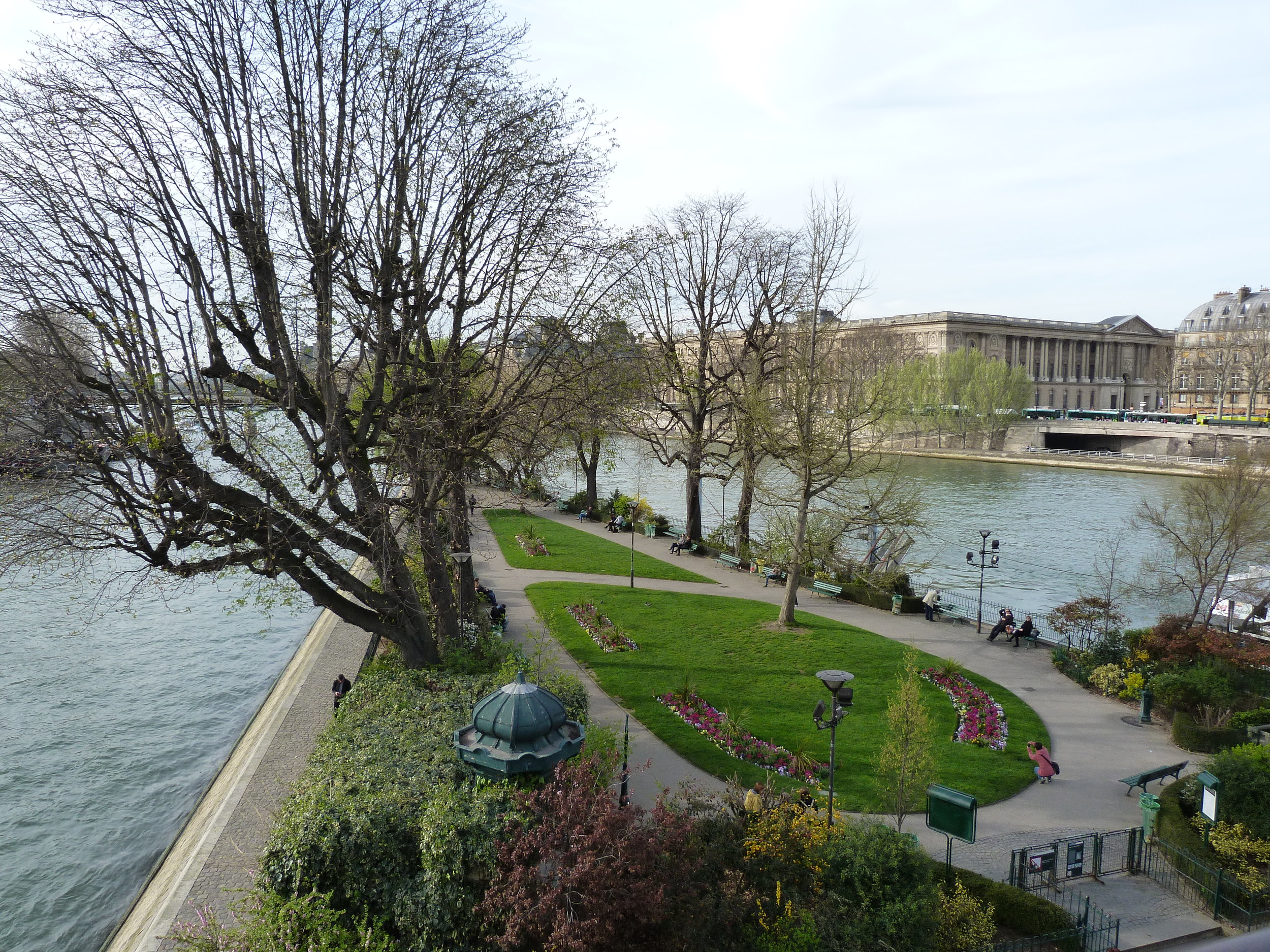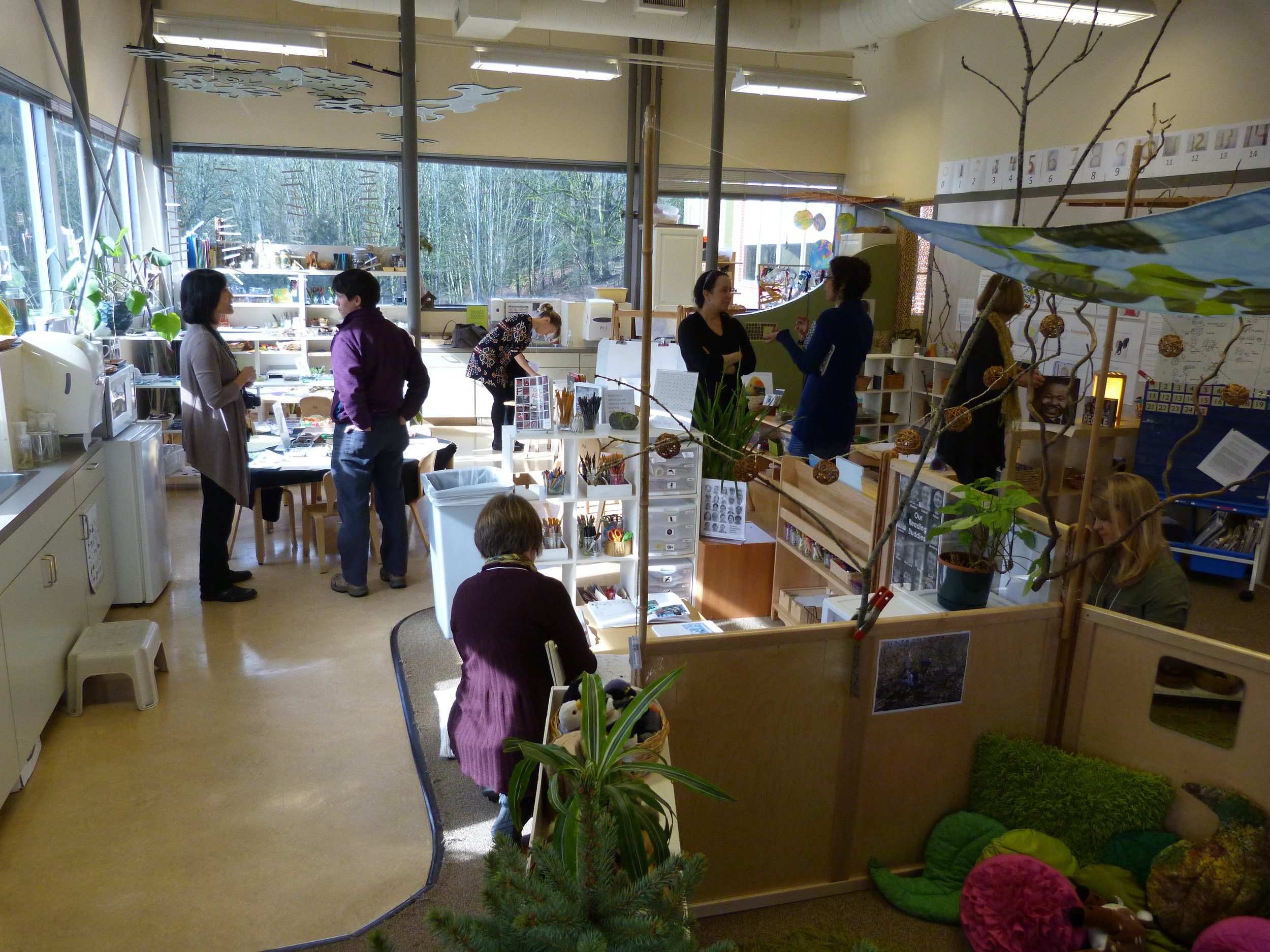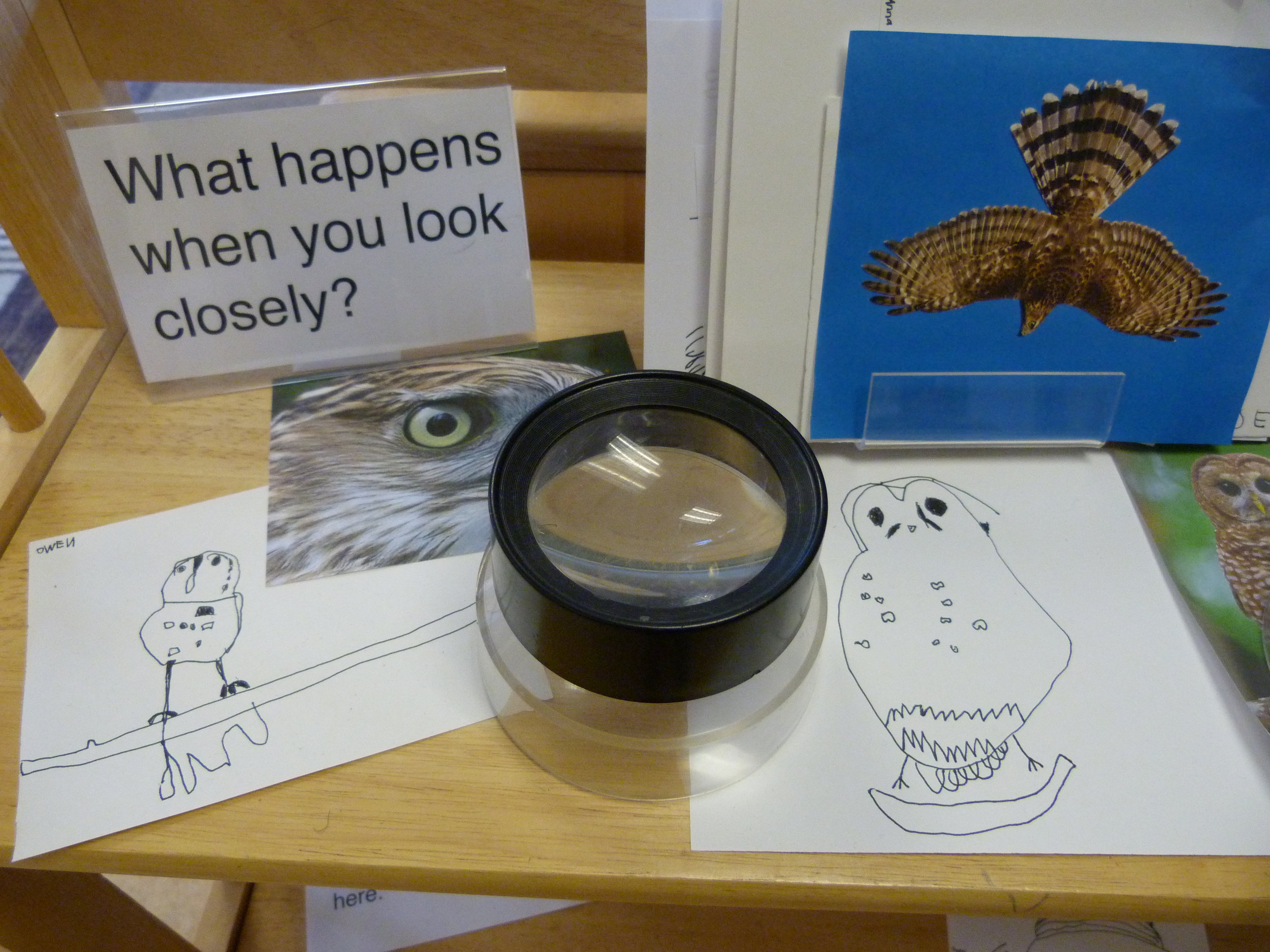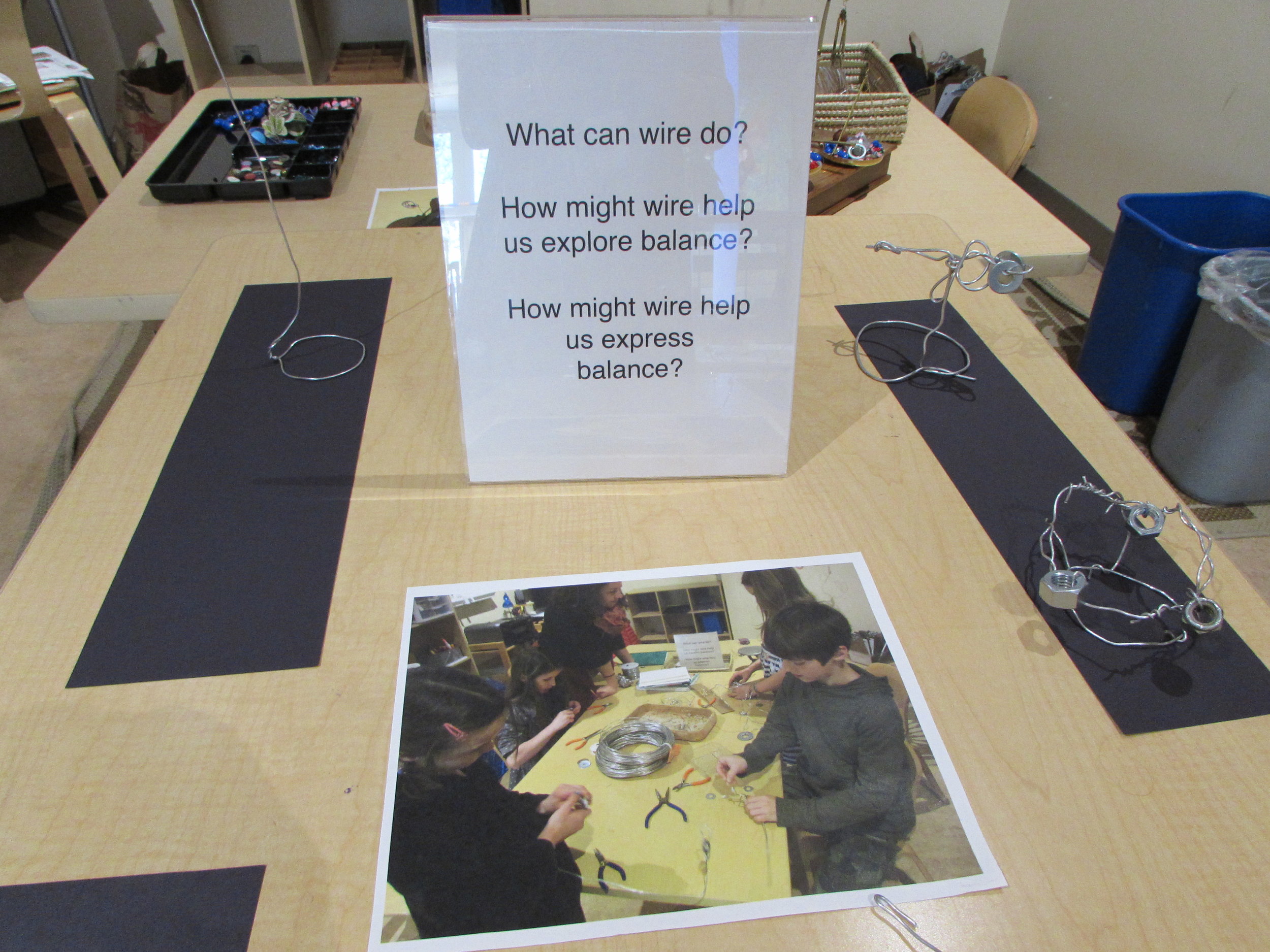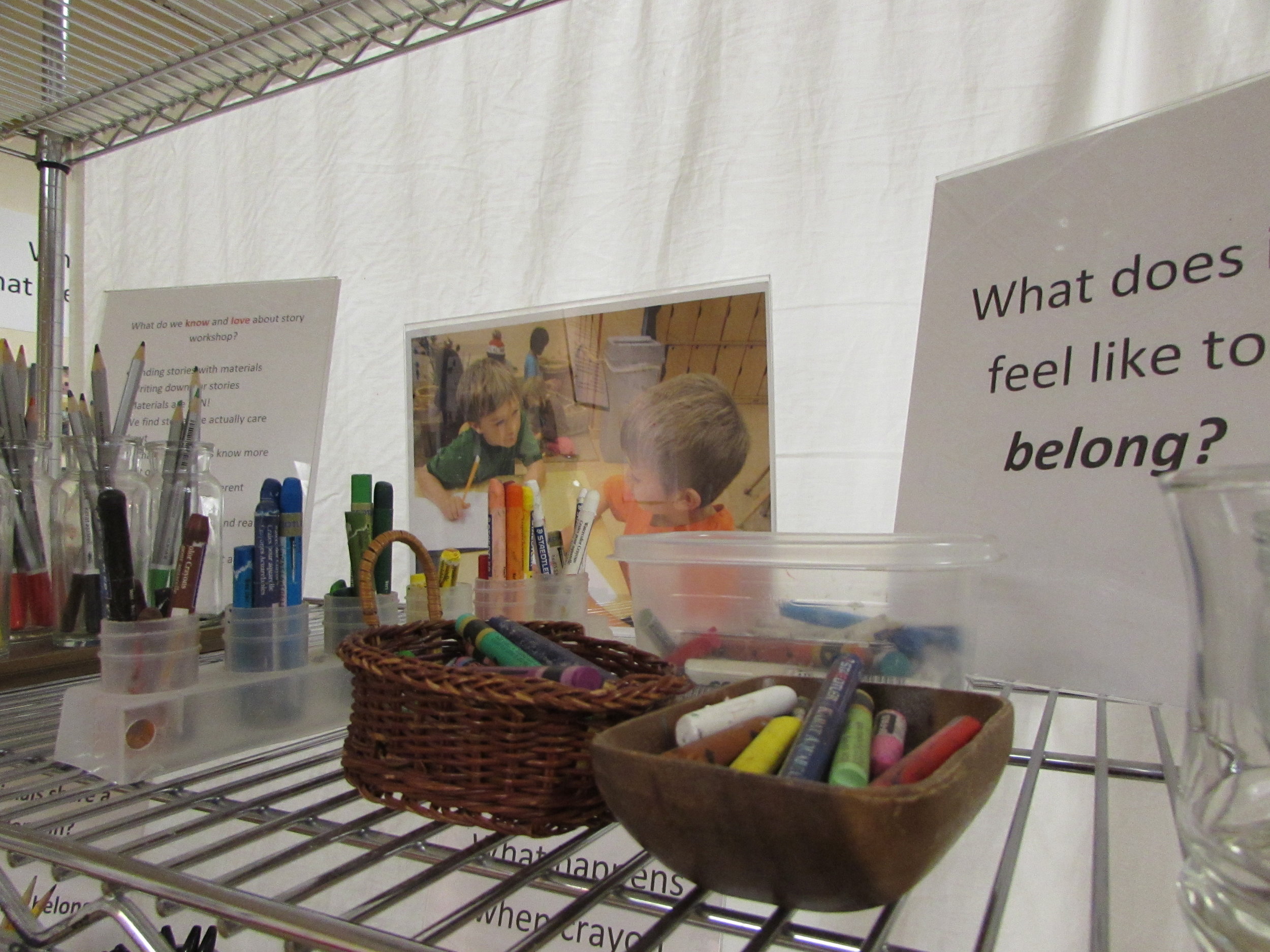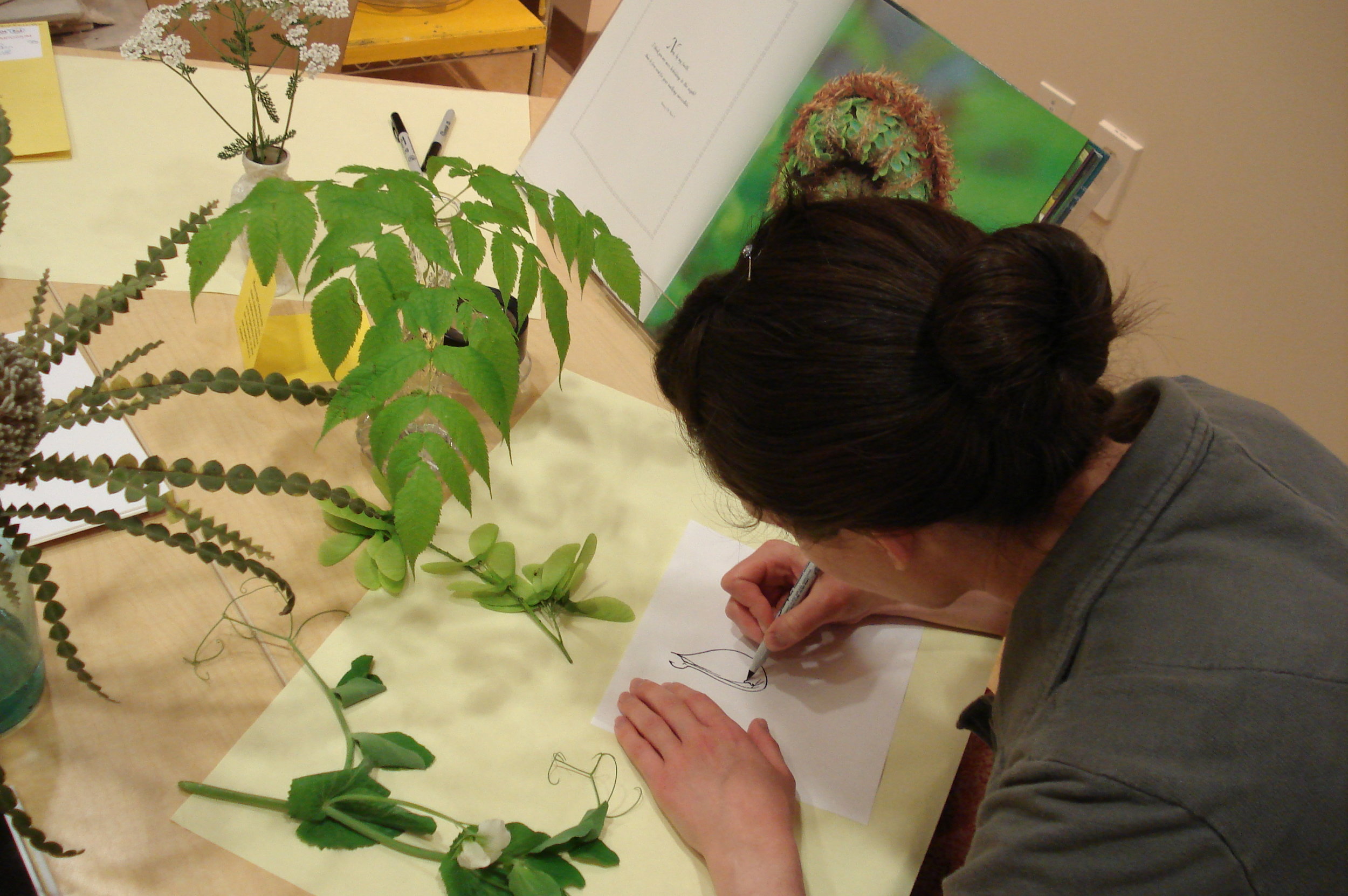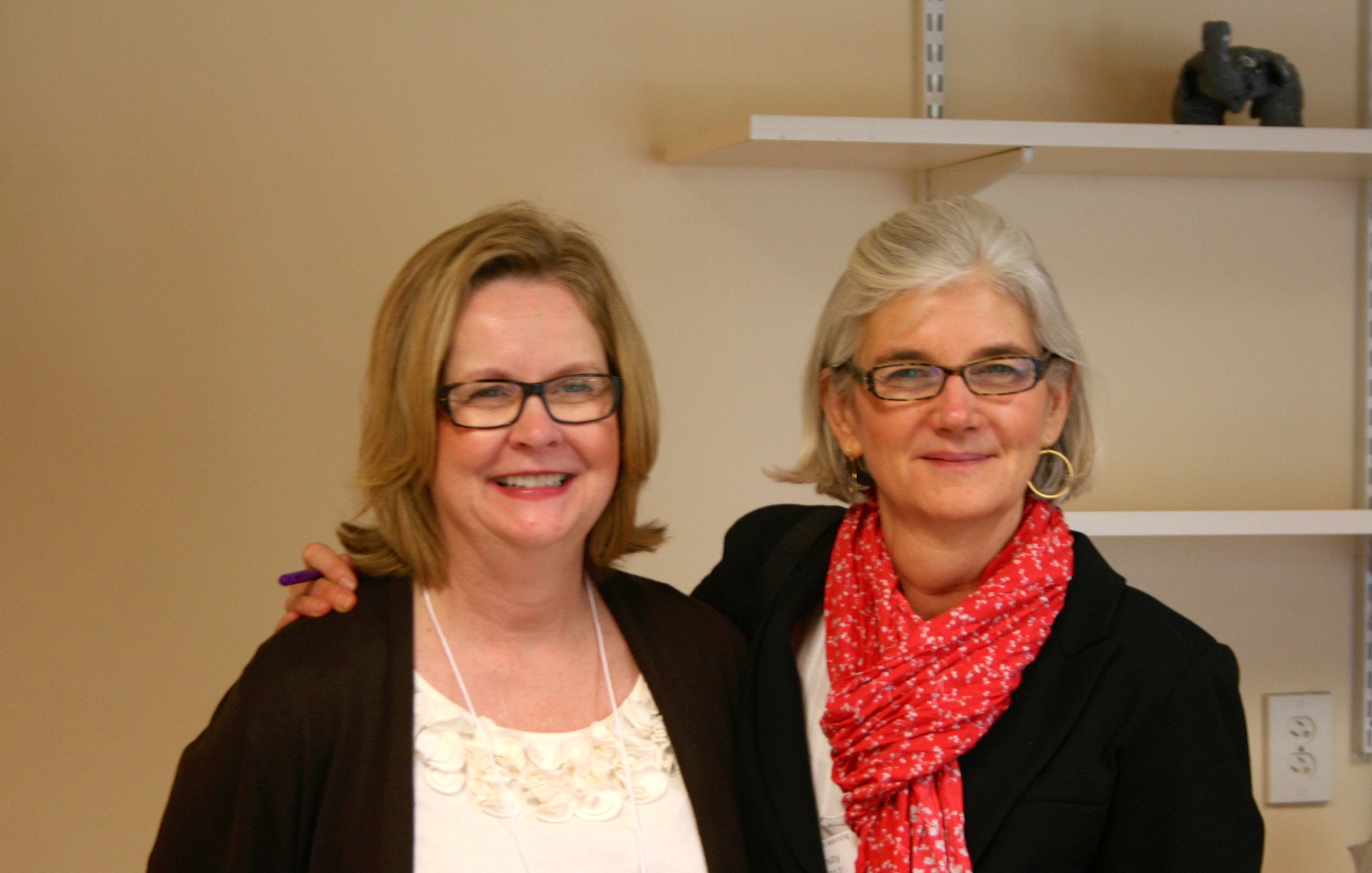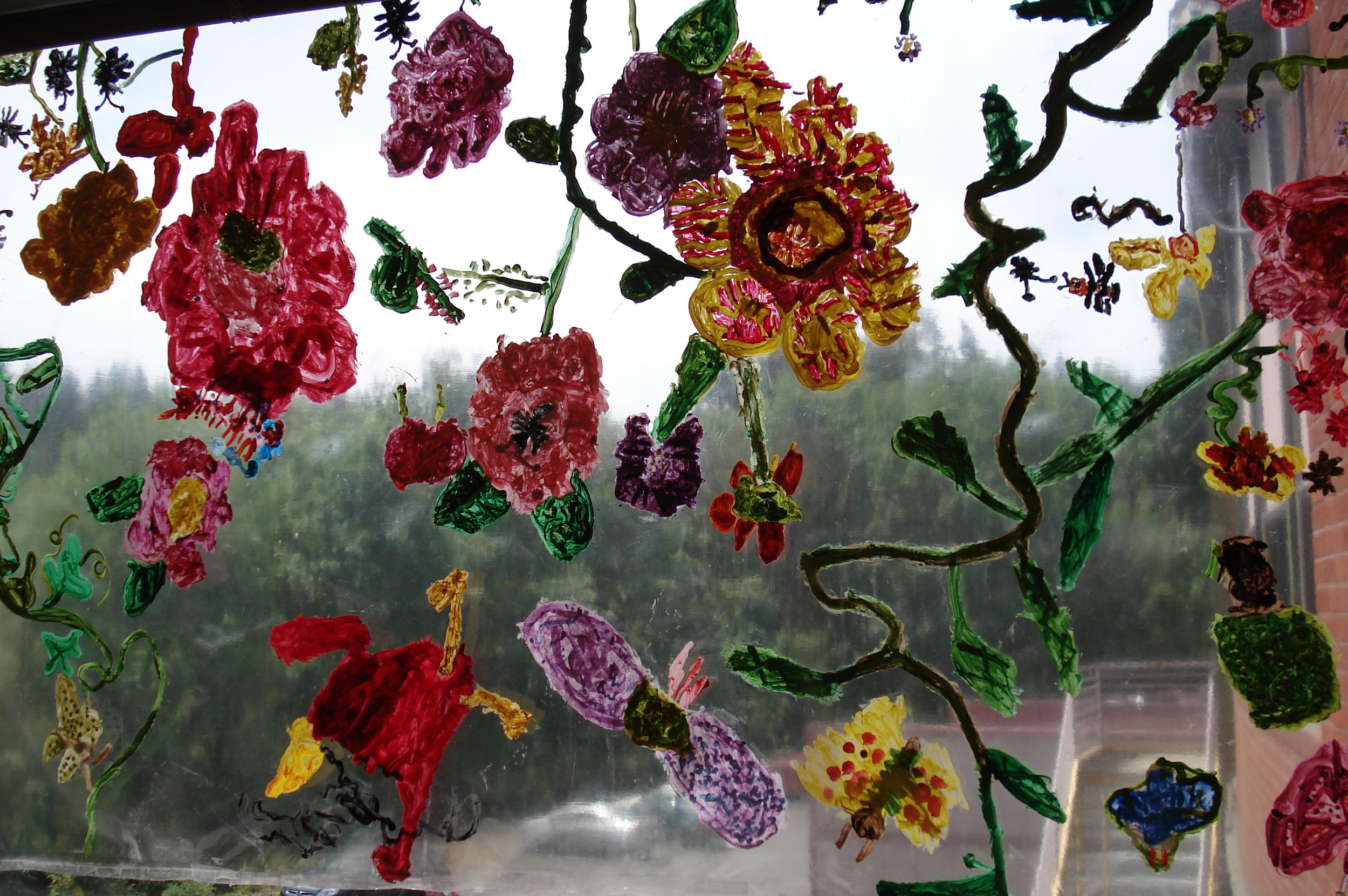 The following piece is reblogged from Opal School...the announcement of their first ebook, Creating Possible Worlds. We are honored to be included in the first reviews and are excited about this little book. Read more about it below.
The following piece is reblogged from Opal School...the announcement of their first ebook, Creating Possible Worlds. We are honored to be included in the first reviews and are excited about this little book. Read more about it below.
Creating Possible Worlds
Here are some reviews!
"In Creating Possible Worlds, we see a project about seeds unfold through photographs, children's stories and drawings and teachers' insightful comments. The heart of the learning in this project focuses on relationships, connections and empathy for living systems that we are all a part of. This little book adds to the beautiful collection of publications from Opal School. It offers us another glimpse into the imaginative and extraordinary work that children and teachers engage in every day at Opal, and inspires us to do the same." Dr. Louise Cadwell, author of Bringing Reggio Emilia Home: An Innovative Approach to Early Childhood Education, co-founder, Cadwell Collaborative
“Creating Possible Worlds is an invitation to educators to be curious, self-aware, humble, and contemplative. The book illuminates both the inward thinking and the collegial conversations that guide Opal School educators as they join with children to explore questions that matter. It is both provocative and encouraging, as it asks educators to claim a strong role in constructing knowledge, neither shying away from nor overly asserting their right to active participation in investigation and learning alongside children.” – Ann Pelo, teacher and author of The Goodness of Rain: Developing an Ecological Identity in Young Children
“Once again, the wonderful educators at Opal School have offered us a glimpse into the minds of young children by creating a safe and nurturing space for them to wonder, explore, discover and express their discoveries in thrilling ways. What we see in those minds is not only delightful but profound: These are children who, through playful inquiry, attempt to make sense of the world around them with boundless curiosity, compassion and joy. And we see that same boundless curiosity, compassion and joy in the minds of their teachers who have traded certainty in for wonder and pre-determined outcomes for trust in order to arrive an unexpected but truly glorious ends.” - Vicki Vinton, literacy consultant and author of What Readers Really Do: Teaching the Process of Meaning Making and the blog To Make a Prairie
If you are not an iPad user and wish to read the ePub version of the book, calibre is a free ereader which allows you to access publications in ePub.


